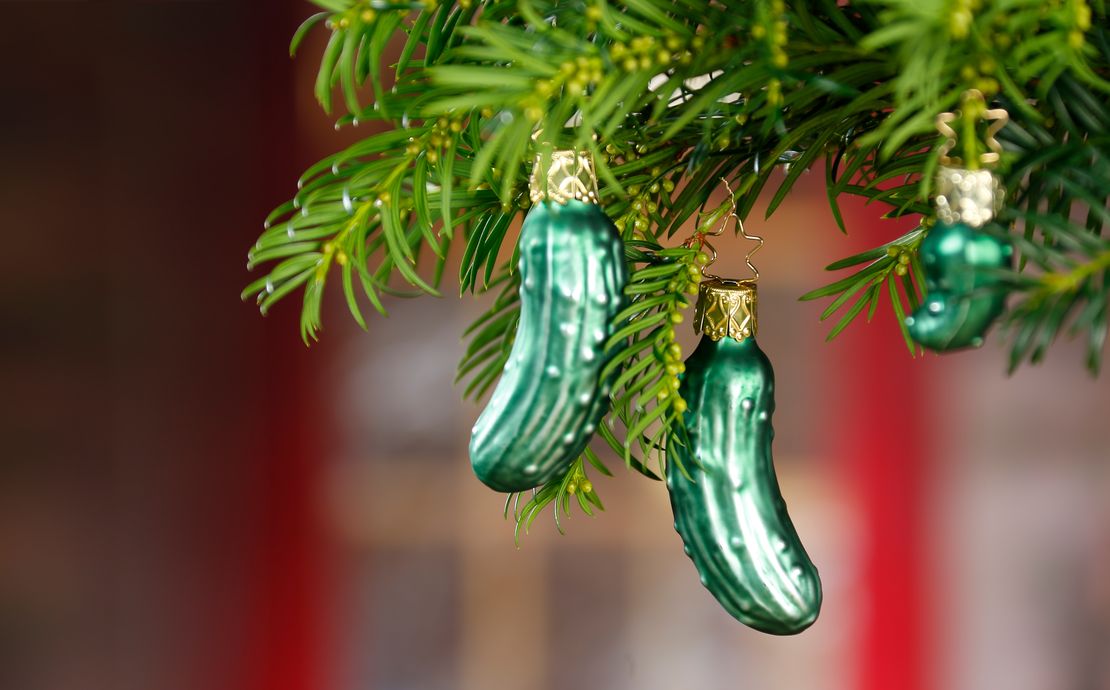Christmas is one of the most celebrated holidays worldwide, embraced by people of various cultures and beliefs. However, numerous misconceptions and myths surround the festive season. From historical inaccuracies to misunderstood traditions, these myths have persisted for centuries. Let’s uncover the truth behind 10 widespread Christmas myths.
- Blogs
- General Knowledge
- 10 Surprising Christmas Myths Debunked 675a79d5bdccdd0001d34c98
10 Surprising Christmas Myths Debunked
General Knowledge • 12 Dec, 2024 • 3,189 Views • ⭐ 4.0
Written by Shivani Chourasia

Christmas Wasn’t Always on December 25

It might surprise you, but there’s no definitive proof that Jesus was born on December 25. The Bible provides no specific date for His birth. Historical evidence suggests December would have been an unlikely choice, as shepherds were in the fields at the time of His birth—a practice uncommon during the cold winter months. Furthermore, censuses, like the one Mary and Joseph traveled for, typically occurred in September or October.
In fact, Christmas wasn’t recognized as a holiday until the fourth century when the church selected December 25 to counter pagan winter solstice celebrations. Scholars believe Jesus’ birth likely occurred in late September.
“Jingle Bells” Wasn’t Written for Christmas

While we sing “Jingle Bells” as a Christmas classic, its origins lie in Thanksgiving. Written in the 1850s by James Lord Pierpont, the song, originally titled “One Horse Open Sleigh,” was inspired by the sleigh races held during Thanksgiving in Medford, Massachusetts. Its association with Christmas came later, but its roots remain tied to a different holiday.
The Myth of the Pickle Ornament

The story goes that German families traditionally hide a glass pickle ornament on their Christmas trees, rewarding the first person to find it with a special gift or good luck. However, most Germans are unfamiliar with this tradition. While glass ornaments—including fruit and nut designs—have been crafted in Germany since the 16th century, the pickle tale lacks historical support. It remains a charming but unsubstantiated story.